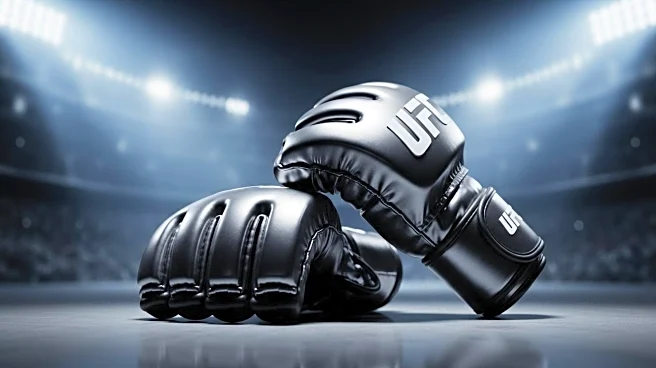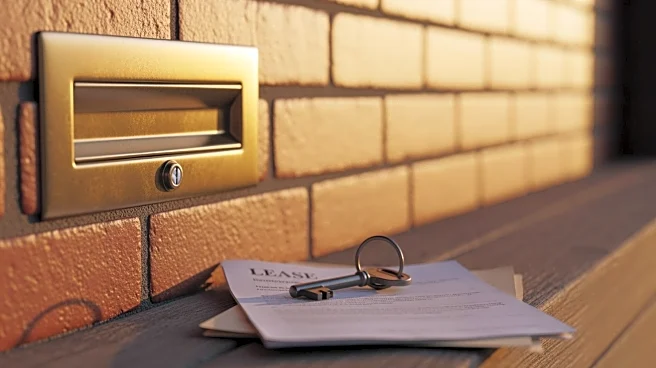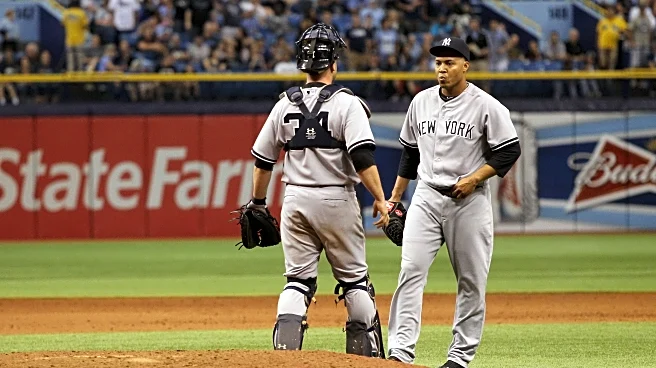What's Happening?
As UFC Rio de Janeiro approaches, attention turns to the financial aspects of the event, particularly the fighter payouts. Charles Oliveira, headlining the event against Mateusz Gamrot, is expected to earn between $750,000 and $800,000. Gamrot's earnings are estimated to be around $100,000 to $150,000, potentially more due to Oliveira's status. Other fighters, like Deiveson Figueiredo and Vicente Luque, are also expected to earn significant amounts, reflecting their experience and popularity in the sport.
Why It's Important?
The financial details of UFC events provide insight into the economics of mixed martial arts, highlighting the disparities in earnings among fighters. High-profile fighters like Oliveira command substantial payouts, which can influence contract negotiations and career decisions. Understanding these financial dynamics is crucial for stakeholders, including fighters, promoters, and sponsors, as they navigate the business side of the sport. The payouts also underscore the UFC's role in shaping the financial landscape of MMA, impacting how fighters are valued and compensated.
What's Next?
Post-event, the financial outcomes could affect future negotiations and matchups. Fighters who perform well may leverage their success for better contracts, while those with lower earnings might seek opportunities to increase their marketability. The UFC will continue to balance fighter compensation with its business model, potentially adjusting strategies to maintain its position as a leading MMA organization.









